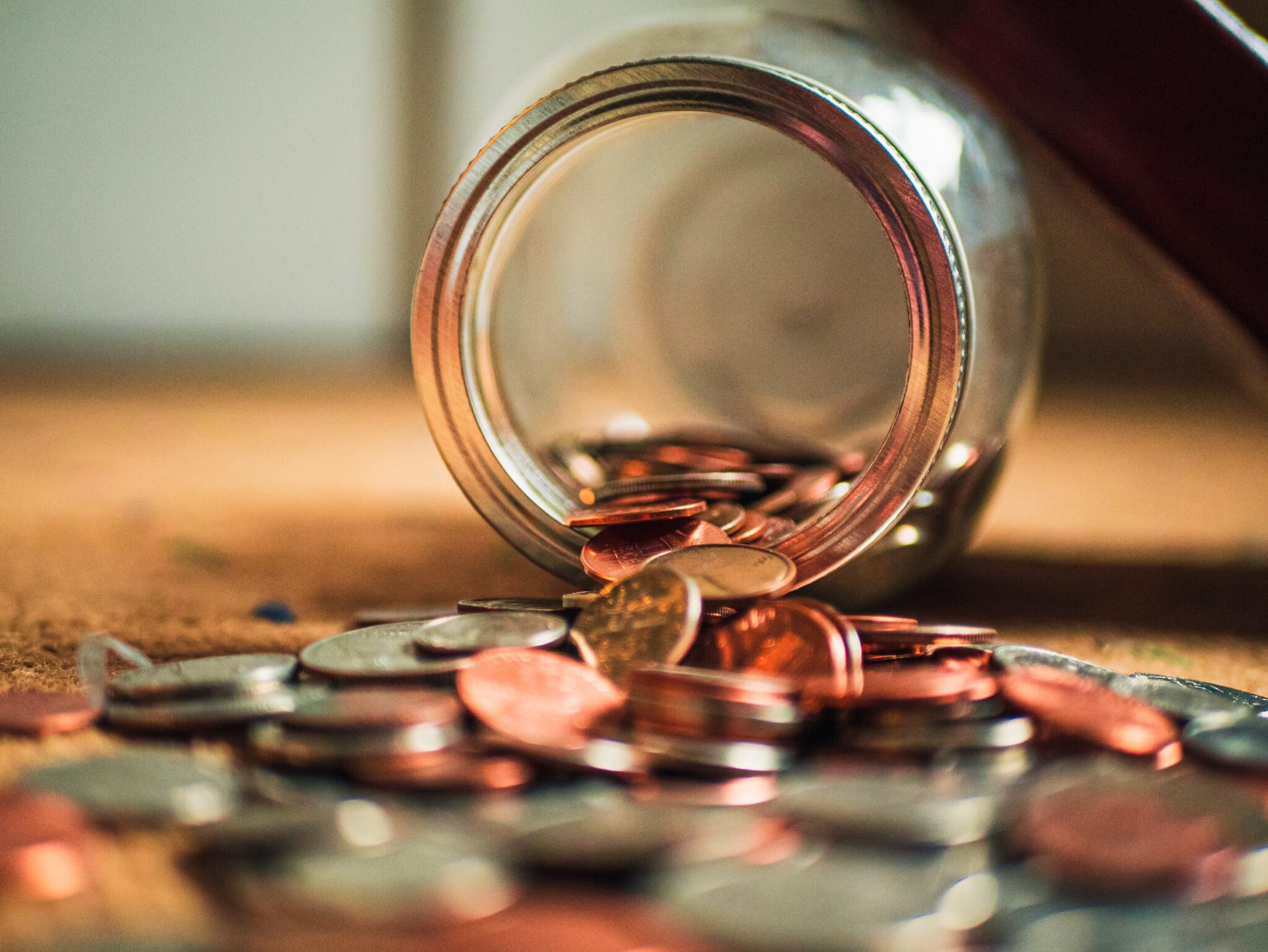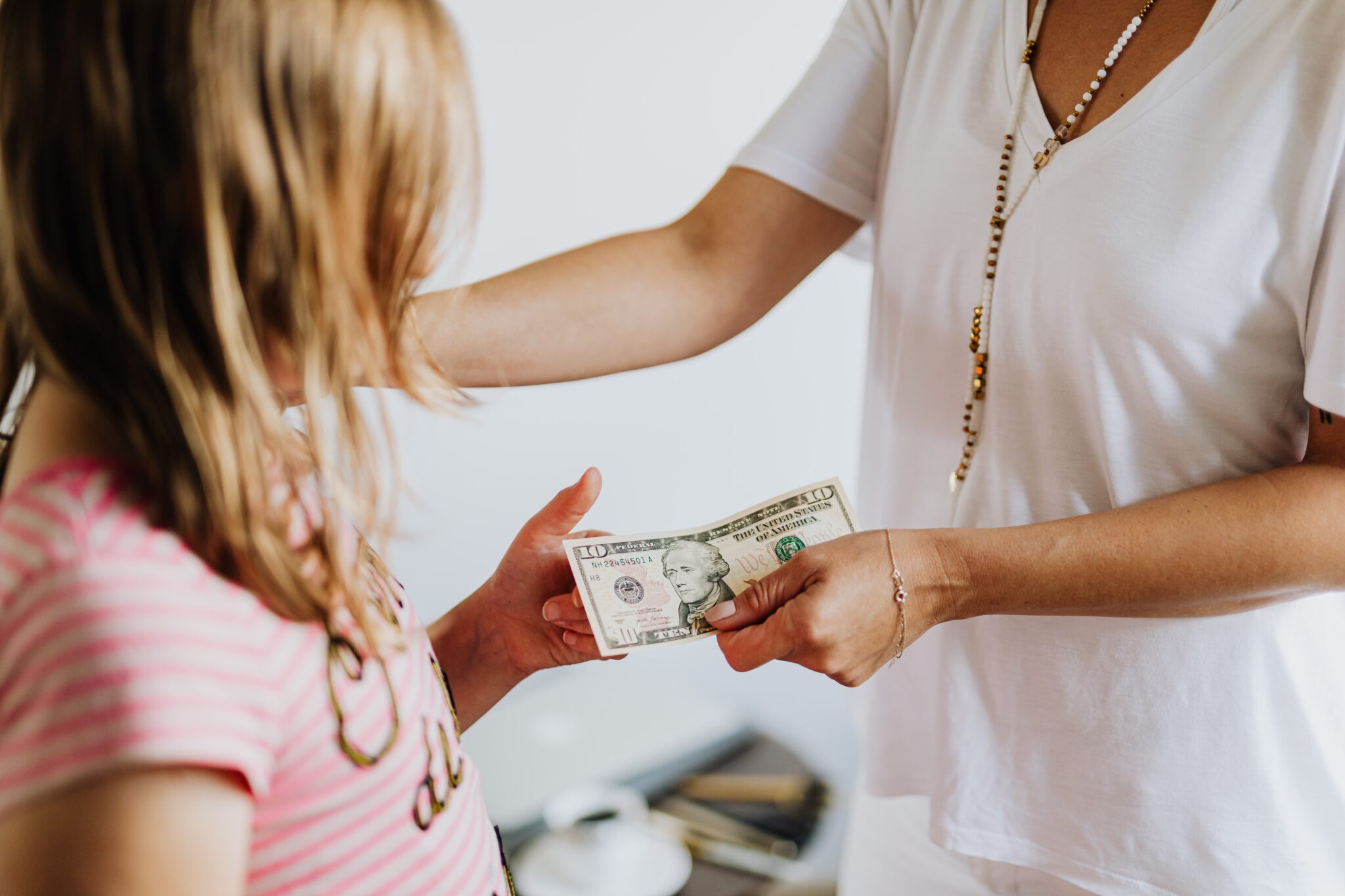My father did not go to college, and my mother went to Louisiana State University—together they brought up five children and instilled in us the importance of hard work and frugality. When I started college, I remember my father asking, “How does $3 a day sound for your entertainment, food and everything else?” I said, “Sure.”
Once I began my studies at Emory University, I realized fairly quickly that $3 per day would not be enough to make ends meet. To make a few extra dollars, I began working part-time with my college’s admissions office as a campus tour guide. That is one of my first Money Stories.

The part-time admission job introduced me to a network of colleagues and led me to a career in college admissions—and later, advancement—creating a path that I followed for many years. My work in fundraising at a women’s college heightened for me the reality that many women do not have the level of financial resources and decision-making authority over their money that many men do. When a trusted mentor invited me to join his investment firm, I saw an opportunity to help address this gap. I became committed to empowering women with the mindset and skills to grow their money competencies—a passion that remains my life’s work. This drive to ensure women have access to information about money has taken many forms, one of which is my podcast Money Stories with LDT.
It’s astounding to me that 61 percent of women would rather talk about anything other than money, even their own death. Normalizing conversations about money gives us confidence and control over our futures and helps us build connections that lead to financial security and having the kind of impact we seek and deserve. It begins by understanding our relationship to money—our Money Story.
Defining a Money Story
Your Money Story encompasses personal experiences, beliefs and goals that shape how you feel and how you act when it comes to money. Our Money Stories, which begin forming from a young age, evolve with us. Taking my example above, my Money Story began with my family’s values about work and money, which propelled me into a part-time job that has evolved over four decades of work to my current focus on advancing financial education for women and families.

On my podcast, I’ve spoken with women in different phases of their careers and lives, and all were shaped in unique ways by their own Money Stories. One of the first questions I ask is “How did you first learn about money?” Farnoosh Torabi, host of the So Money podcast, shared with me on her Money Stories with LDT episode that her family was “very transparent with their own financial lives” with her father taking her to the bank and introducing her to his banker. Her Agenda CEO Rhonesha Byng shared on the podcast that her mother didn’t talk about money but was always working such long hours which led Rhonesha to feel “guilty” when they had to spend money. Theresa Edy-Kiene, CEO of Girl Scouts Greater LA, told us that her first experience with money was that when her parents had it, they spent it all, and when they didn’t their “quality of life diminished.”
Money Stories have a deep impact on our relationship with money, which in turn influences our career choices, family decisions and more. How did your parents or family talk about money? What is your earliest money memory, and how does that connect with how you make financial decisions today?
Why It Matters
Knowing your Money Story is powerful. Once you have a better sense of the factors and experiences that shape your relationship with money, you can more effectively identify barriers and gaps in your knowledge. Setting aspirational financial goals helps you make more informed decisions and ultimately gain a greater sense of control—all while building connections that can lead to greater knowledge or prosperity. Learning your Money Story will make you better prepared to seek out the information, mentors and resources you need to be more impactful with your decisions.
As with other skills, the more you increase your money knowledge, the more empowered and confident you will feel to engage in money-related topics. It’s estimated that 90 percent of women will be required to play the role of sole financial decision maker at some point in their lives, underscoring the need to be prepared for the likelihood of taking on this responsibility. Let’s not forget that money is a cornerstone of social impact. Use your Money Story to determine how best to make a difference—for yourself, your family, community and society.
How to Discover Your Money Story
Just as we might share strategies for reaching career or personal goals, your Money Story journey does not have to start in isolation. In fact, I’d recommend doing this work with your family, your friends or any professional networks you belong to. This is a way to connect with each other and put to words your memories, mindset, milestones and aspirations when it comes to money.
Start by sharing your earliest memories of money, and how those play into your approach today. Think about money milestones throughout your life, and how your mindset toward money has evolved over the years. These conversations are not meant to be a measure of worth. Rather, it’s an opportunity to bring the power of connection into our financial lives and build our connections as a community. I recently started hosting Money Stories workshops to guide groups through these conversations, and it’s been incredible to witness the “a-ha” moments that can happen when you carve out space to reflect on your money narrative and share it with others.
Our Money Stories are diverse and unique to each of us. That’s the beauty of it all, and that is what will make your financial journey more enriching because you have an understanding of why you want the things you want, and what drives you to achieve your goals. This knowledge can ensure that you instill these skills and learnings into your own family, so that the next generation will have a healthy and confident relationship with money.






